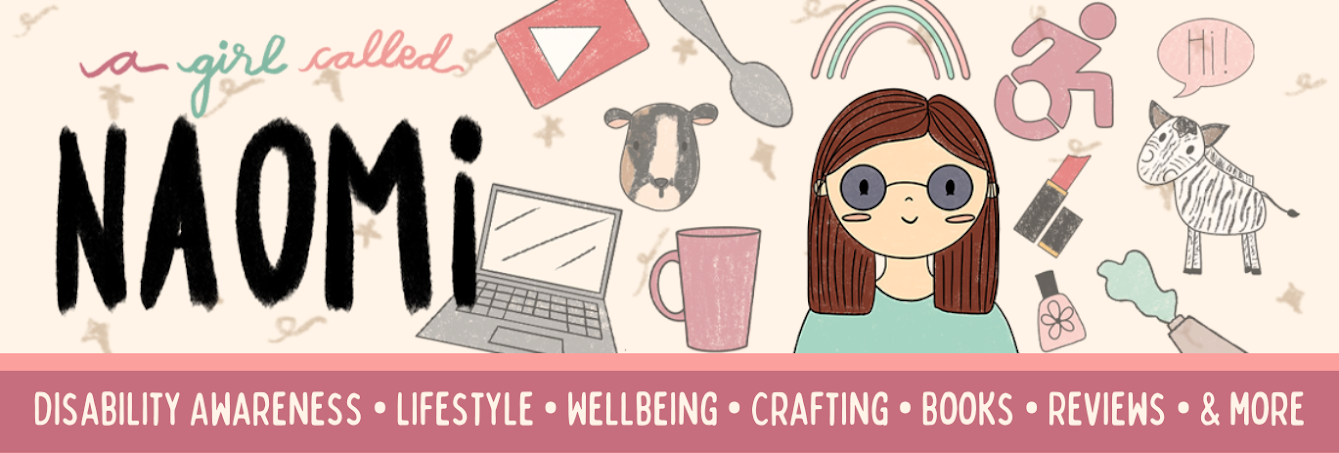I was referred to our local Social Prescribing team but my Occupational Therapist when I was in hospital. Upon coming home from hospital I was appointed a Link Worker. It was important for me to have a female Link Worker but everyone in the team is female but my request was listened to.
My Link Worker is the pivotal person in my care in the service and the only person that I've had contact with other than the other yesterday when we was due to have a video chat but she was unwell so a colleague of hers called me to say that my Link Worker was ill and so our appointment wasn't going to go ahead.
At the moment I'm still getting to know my Link Worker and she's getting to know me. We started off talking on the phone and now we meet via video link. (Normal we'd meet face-to-face but due to the coronavirus like with my other care all my appointments are done over the phone or via zoom). We've talked about how I am at the moment in time, where I see myself in the future both mid and long term. My Link Worker has let me know about some possible groups I might be interested in engaging in for the future such as chair-based yoga, a sewing group and an art group.
Sometimes when we meet it's just an opportunity to talk; other times it can be setting small achievable goals and aims that we set together. Our recent aims that we discussed where to:
- Blog about Social Prescribing ✓
- Find creative makes for my blog's 'Monthly Makes' ✓
- Do a 1,000 piece jigsaw puzzle (yet to complete, but that's okay)
(On Twitter the NALW really liked what I'd written on my blog as did my Link Worker.)
Everything is based around my own interests which is important and it makes me feel like my Link Worker knows and understands me. It's also part of the person-centred model or care and also seeing things in a biopsychosocial (physical, emotional and social) way. Social Prescribing aims to do as well as following the social model of care (as opposed to the medical model*).
It's helping me rediscover the things I enjoy and setting goals gives me a sense of achievement and it's helping me rediscover and engage in the things I enjoy.
What's also important to me is that it's not solely focussed on my physical health. Yes that does play a part in what I do with my Link Worker and I can't switch off my health problems, but what's important to me that I set at the beginning of the year was to try and not over-medicalise my life. So by writing about Social Prescribing and finding creative makes to put up on my blog it's helping me to find things to blog about that aren't to do with the medical world. At the same time; reflecting on this now, it's helping me in my head to not focus on my chronic illnesses. Yes I can't escape from my own body, but it's getting me into a different mindset of what to I can focus my mind on (which again is important to me). I am not my chronic illness, it's just one of the portions of who I am.
As well as the goal setting there's also the practical things like emotional support and if needed signposting me to other services or supporting me by acting on my behalf, offering guidance and providing me with information.
What was really nice at the weekend was I received some post from the Social Prescribing team with some information such as coping with anxiety, making a 'Happy Box/Jar', a wordsearch puzzle, support/helpline contact details, keeping active at home and a competition around people's garden spaces - I submitted some photographs on my plants in my room.
I wasn't expecting to write this much so I will bring this post to an end but I would say that it's helpful to have that single point of access person aka my Link Worker and that yes it was my health problems that gained me access to the service but that they don't focus solely on that but me as a person. A bit like a bubble of Naomi: my interests, what's important to me, my care needs and wishes, how I envision my future etc.
The major benefits I find of Social Prescribing is that it supplements my physical health care and offers a different angle on meeting my needs beyond just trying to patch up or fix me medically.
If you have a long-term/chronic illness I would defiantly recommend asking your GP or other care professional in your care team about Social Prescribing.




